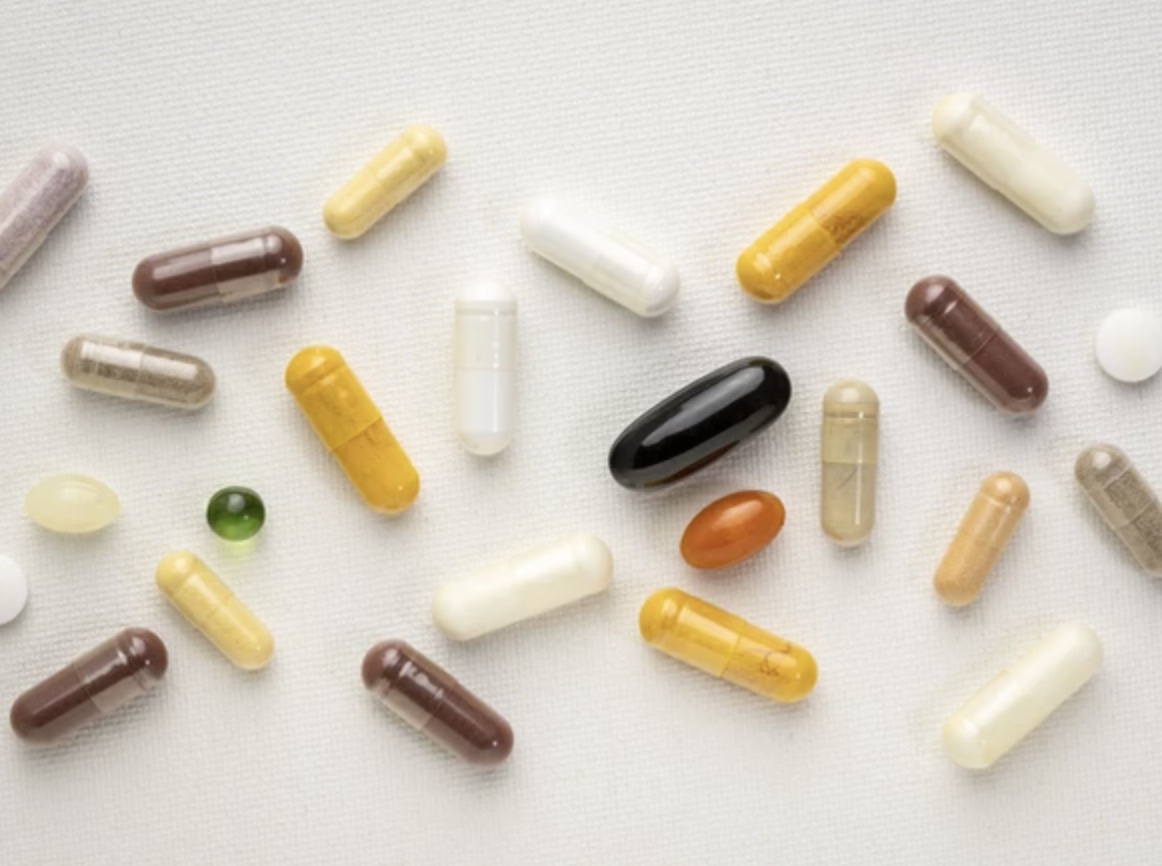While the COVID-19 pandemic continues to rage, people are looking for anything over the counter to prevent them from getting sick. While vaccination has proven to be the best strategy to prevent serious illness from the COVID-19 virus, there are additional ways to boost your immunity against the virus. You’ve probably taken vitamins to help fuel your immune system but which combinations at which doses are the best? Even still, which vitamins specifically have been shown to have antiviral activity against SARS-CoV-2? Because there’s so much information circling on the internet regarding what to take- and how much- it is easy to get caught in the weeds. We have seen multiple cases of patients who have accidentally over done themselves with preventative measures and have developed fairly significant side effects from unintentionally taking their vitamins at too high of a dose. Let’s distill this information down to make things as straightforward as possible.
Are you consuming the right dose of vitamins for your body, or are you at risk for causing more harm than good? Here are some facts that will help you decide:
Zinc:
- Zinc is beneficial for overall immune function
- Although its role in COVID prevention is still being researched, this element seems to have some activity against viruses, including SARS-CoV-2
- The recommended dietary allowance for elemental zinc* is 11 mg daily for men and 8 mg for non-pregnant women
- *Elemental zinc is the amount of zinc that is absorbed and used by the body- which is usually lower than the dose you see listed on the bottle
- The maximum dose of zinc is 40 mg/day according to the National Institutes of Health
- Doses above 40 mg/day can result in GI upset, abdominal cramps, nausea, and vomiting
- Large amounts of zinc (over 50 mg per day) should only be taken under the supervision of a doctor
- Can cause copper deficiency when taken at high doses for a long time
- Copper deficiency can result in neurological issues, such as numbness and weakness in the arms and legs
Vitamin C:
- A water-soluble vitamin (excreted in your urine) proven to be beneficial in critical illness for its anti-inflammatory and antioxidant properties
- These properties make Vitamin C immune-boosting, however very high doses are only needed in those that are severely ill
- The upper daily limit of Vitamin C is 2,000 mg
- Vitamin C is typically pretty safe, however with high doses, side effects can include diarrhea, nausea, vomiting, heartburn, abdominal cramps, and headache
- The vitamin C in dietary supplements is usually in the form of ascorbic acid, but some supplements have other forms, none better than the other
- Vitamin C can be fragile in stomach acid, and liposomal formulations (where vitamin C is hidden in a liquid fat emulsion) have been shown to increase absorption
Vitamin D:
- This fat-soluble vitamin (excreted in feces) is critical not only for bone and mineral metabolism, but also plays a role in maintaining the body’s natural immune system
- Vitamin D is typically well tolerated with the upper limit being 4,000 IU (or 100 mcg) per day for adults, unless you are known to be deficient in this vitamin
- Side effects that can be seen with taking very high doses of Vitamin D include high levels of calcium in your blood – or hypercalcemia – which can lead to vomiting, weakness, and frequent urination
- These side effects, while serious, are usually only seen with doses of 60,000 IU of Vitamin D per day
There are no specific recommendations from the National Institutes of Health (NIH) regarding “optimal” doses of vitamins and supplements to prevent COVID-19. However, we believe the above agents are beneficial to overall health and immune status and commonly recommend them for prophylaxis and even treatment if you develop symptoms. We want to caution against taking too high a dose of any of these agents and recommend remaining under the maximum dose listed for each. Of course, if you start to experience any of the side effects listed, this may be your body’s way of telling you the dose you are taking is too high. Always remember to listen to your body, and if we can help answer your supplement-related questions, call and speak to one of our providers at ZüpMed at 901-701-7010.
 Schedule Now
Schedule Now
